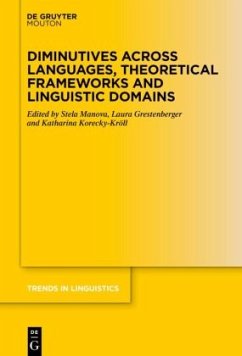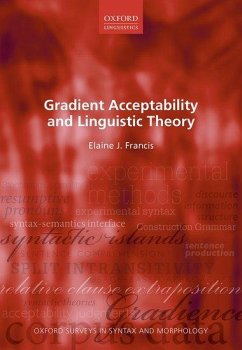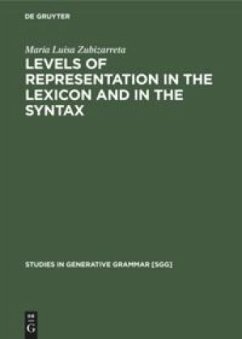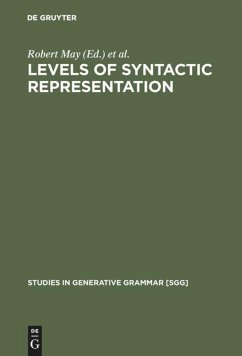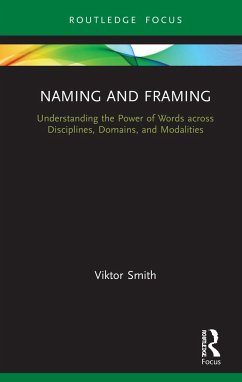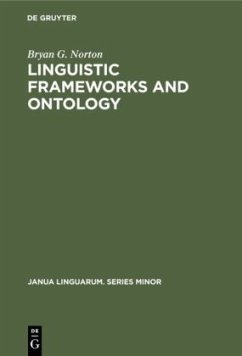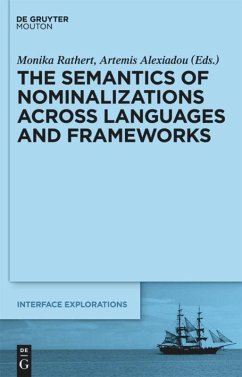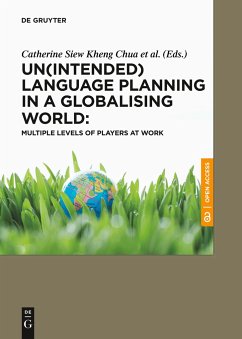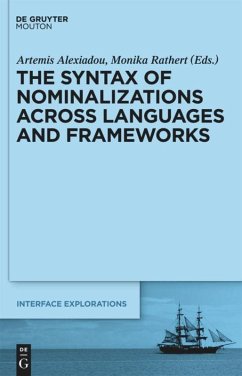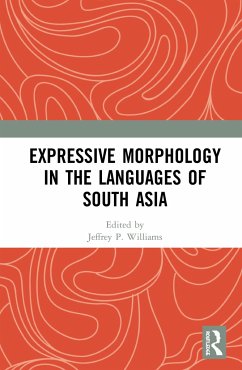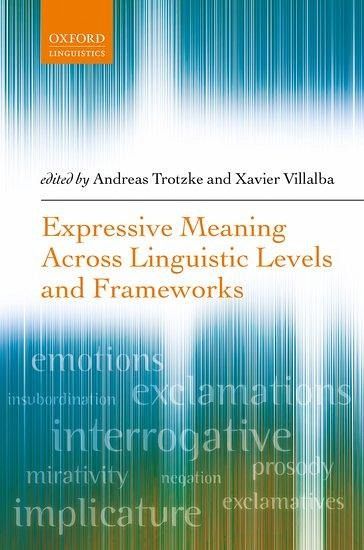
Gebundenes Buch
Expressive Meaning Across Linguistic Levels and Frameworks
Versandkostenfrei!
Versandfertig in über 4 Wochen

PAYBACK Punkte
56 °P sammeln!




This volume is the first to explore the formal linguistic expressions of emotions at different levels of linguistic complexity. It brings together work from different linguistic frameworks and sheds light on the interaction between linguistic expressions and the 'expressive dimension' of language.
Andreas Trotzke is Außerplanmäßiger Professor in the Department of Linguistics at the University of Konstanz. His areas of expertise include pragmatics, the syntax-pragmatics interface, psycholinguistics, and language education, and his research has been published in journals such as Journal of Pragmatics, Frontiers in Psychology, Journal of Linguistics, Linguistics, and Lingua. He is the General Editor of the journal Pedagogical Linguistics (Benjamins), the editor of numerous volumes, and the author of three monographs, of which the most recent is The Grammar of Emphasis: From Information Structure to the Expressive Dimension (de Gruyter, 2017). Xavier Villalba is Associate Professor of Catalan Linguistics and member of the Centre de Lingüística Teòrica at the Universitat Autònoma de Barcelona. His research interests include the interface between syntax and information structure, particularly right-dislocation, and between syntax and semantics/pragmatics, especially exclamative and existential sentences. His work has appeared in journals such as Discourse Processes, Journal of Pragmatics, and Lingua, and in edited volumes from Routledge, Benjamins, and de Gruyter.
Produktdetails
- Verlag: Oxford University Press
- Seitenzahl: 336
- Erscheinungstermin: 26. Oktober 2021
- Englisch
- Abmessung: 241mm x 164mm x 24mm
- Gewicht: 680g
- ISBN-13: 9780198871217
- ISBN-10: 019887121X
- Artikelnr.: 61342995
Herstellerkennzeichnung
Libri GmbH
Europaallee 1
36244 Bad Hersfeld
gpsr@libri.de
Für dieses Produkt wurde noch keine Bewertung abgegeben. Wir würden uns sehr freuen, wenn du die erste Bewertung schreibst!
Eine Bewertung schreiben
Eine Bewertung schreiben
Andere Kunden interessierten sich für


